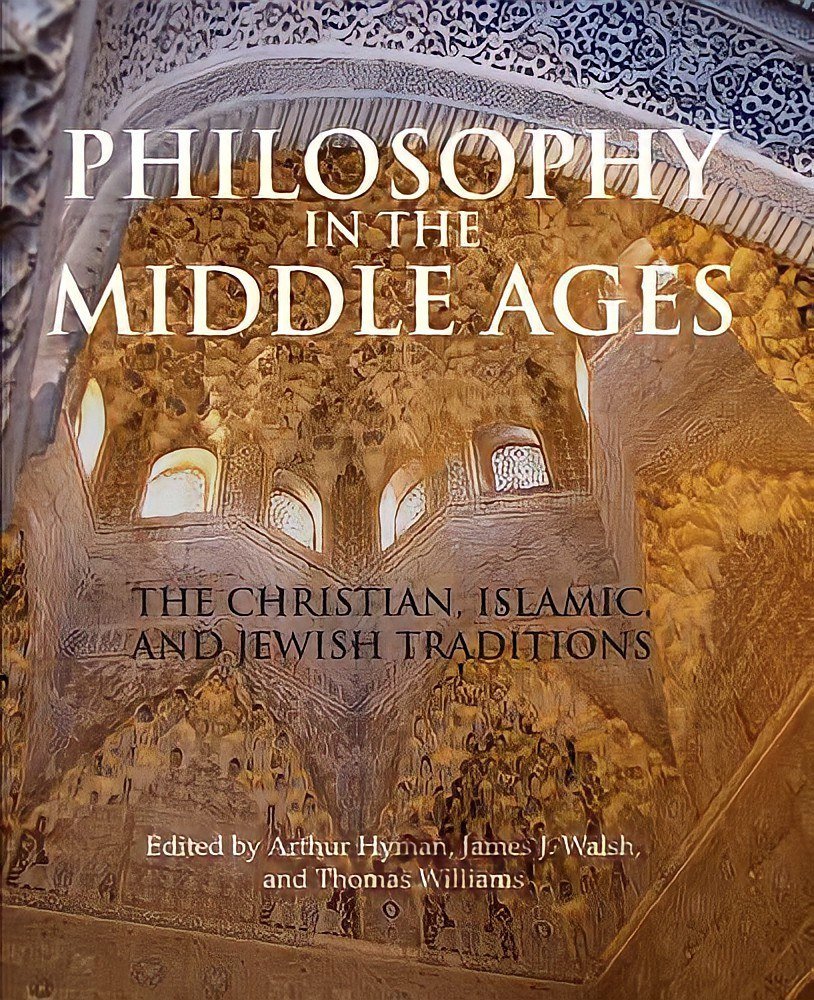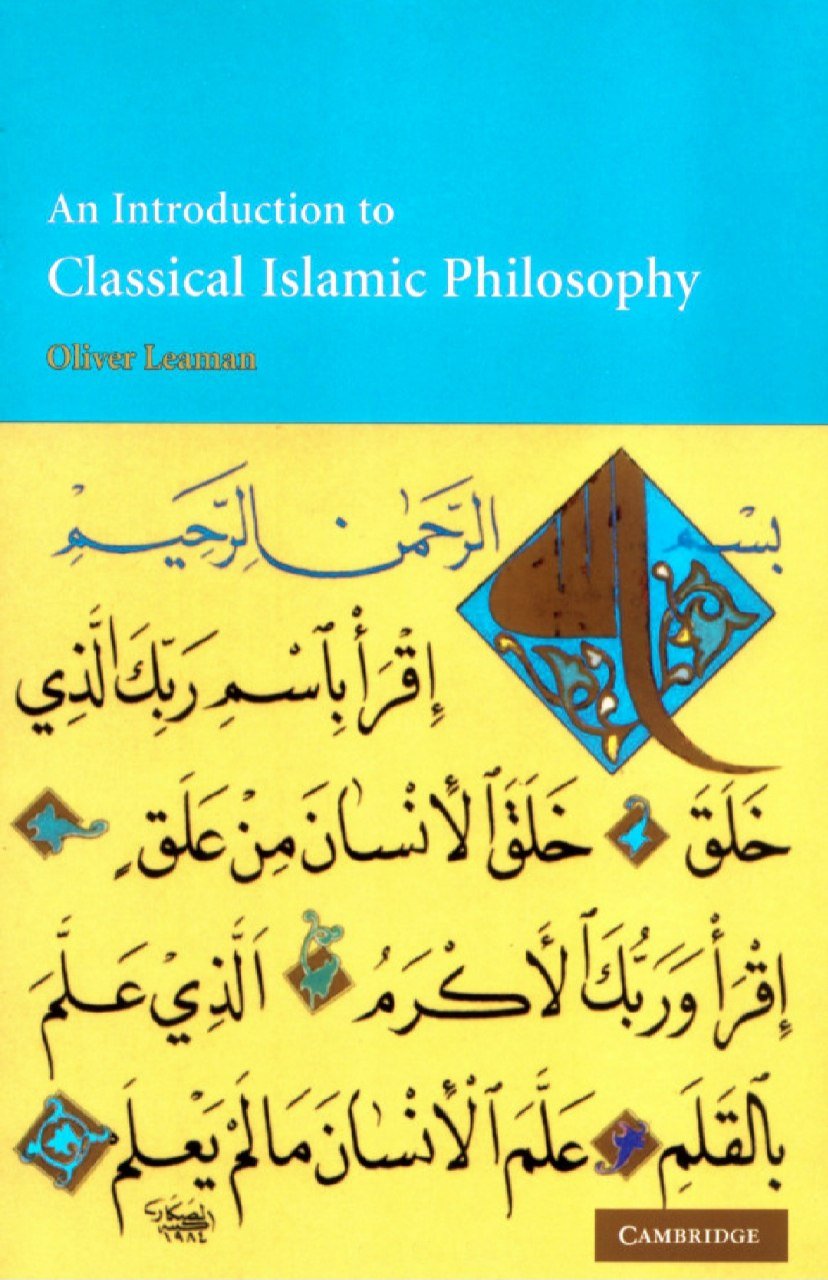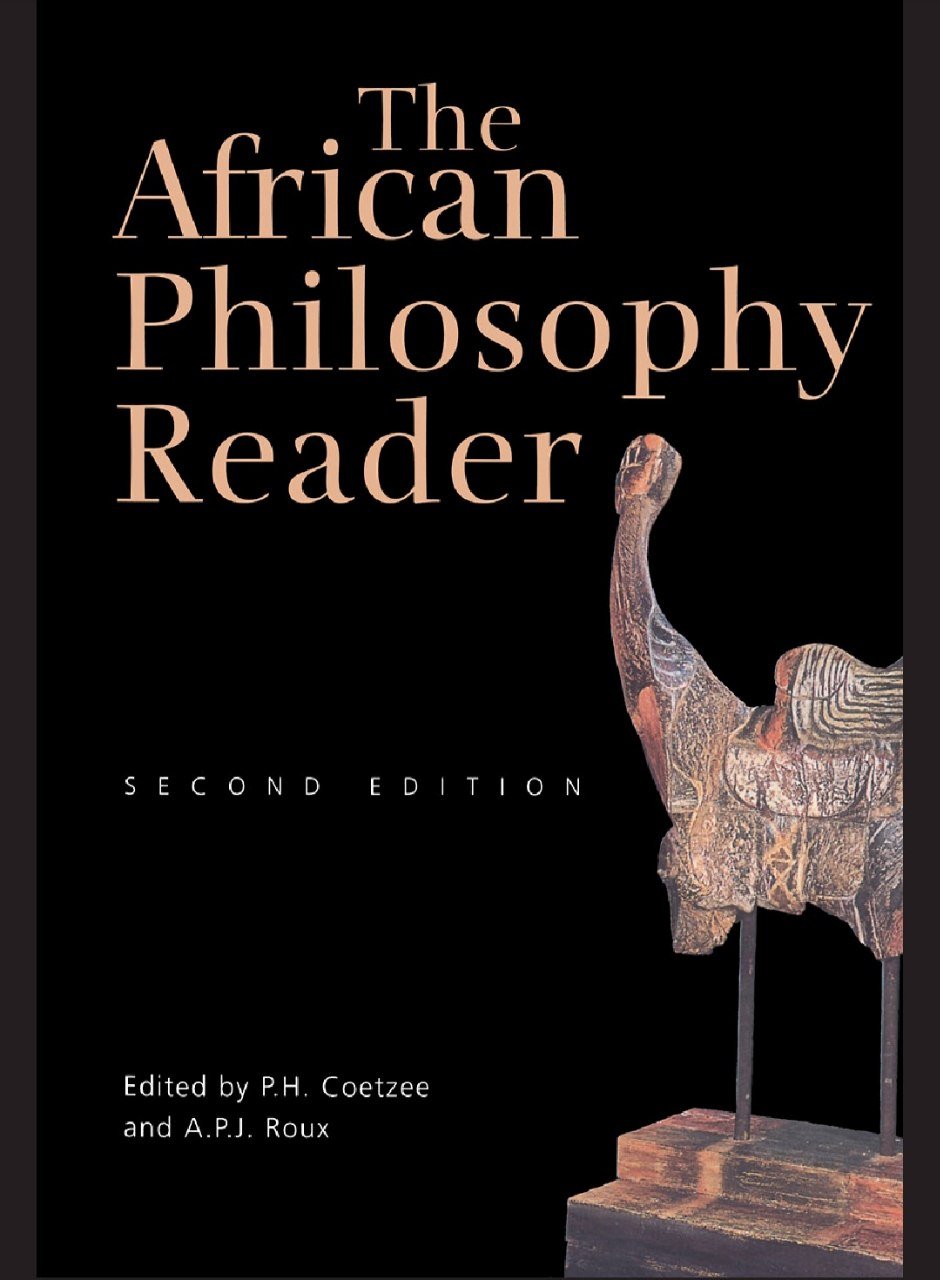

The History of Magic, written by Éliphas Lévi
Reviews
No review yet. Be the first to review this book!
Description
The History of Magic, written by Éliphas Lévi and translated into English by A.E. Waite, is a comprehensive exploration of the development, practices, and philosophy of magic throughout human history. Lévi, a prominent 19th-century French occultist, presents magic not as mere superstition or deception but as a profound spiritual science and an ancient tradition that embodies the hidden laws of nature and the universe. The book traces the origins of magical practices from ancient civilizations such as Egypt, Chaldea, and India, through the classical world of Greece and Rome, and into the esoteric currents of the Middle Ages and Renaissance. Lévi delves deeply into the relationship between magic and religion, illustrating how the two have often been intertwined, with magic serving as a kind of sacred science that mediates between humanity and the divine. Lévi emphasizes the concept of "the absolute" and explores how knowledge of universal laws allows the magician to act as a mediator of divine power. He discusses key elements of the magical tradition, including the Kabbalah, the Tarot, and alchemy, presenting them as symbolic languages that encode ancient wisdom. Lévi also investigates the lives and practices of famous magicians, alchemists, and mystics, such as Hermes Trismegistus, Paracelsus, and Cornelius Agrippa, positioning them as heirs to a hidden, perennial philosophy. A.E. Waite’s translation retains Lévi’s poetic and often mystical tone, while also clarifying his philosophical and historical arguments. Waite, himself a notable figure in Western occultism, provides additional context in his introduction and notes, offering readers insight into Lévi’s influence on modern esotericism. The History of Magic serves both as a historical account and a metaphysical treatise, arguing that true magic is rooted in spiritual enlightenment and moral responsibility, rather than in the pursuit of power for its own sake. It remains a foundational text for those interested in Western esoteric traditions, occult philosophy, and the history of magical practices.






























.jpeg)








.jpg)
.jpeg)




.jpeg)




.jpg)
.jpg)
.jpg)



.jpeg)







.jpg)
.jpeg)








.jpg)

.jpg)





.jpg)


.png)











.jpg)









































